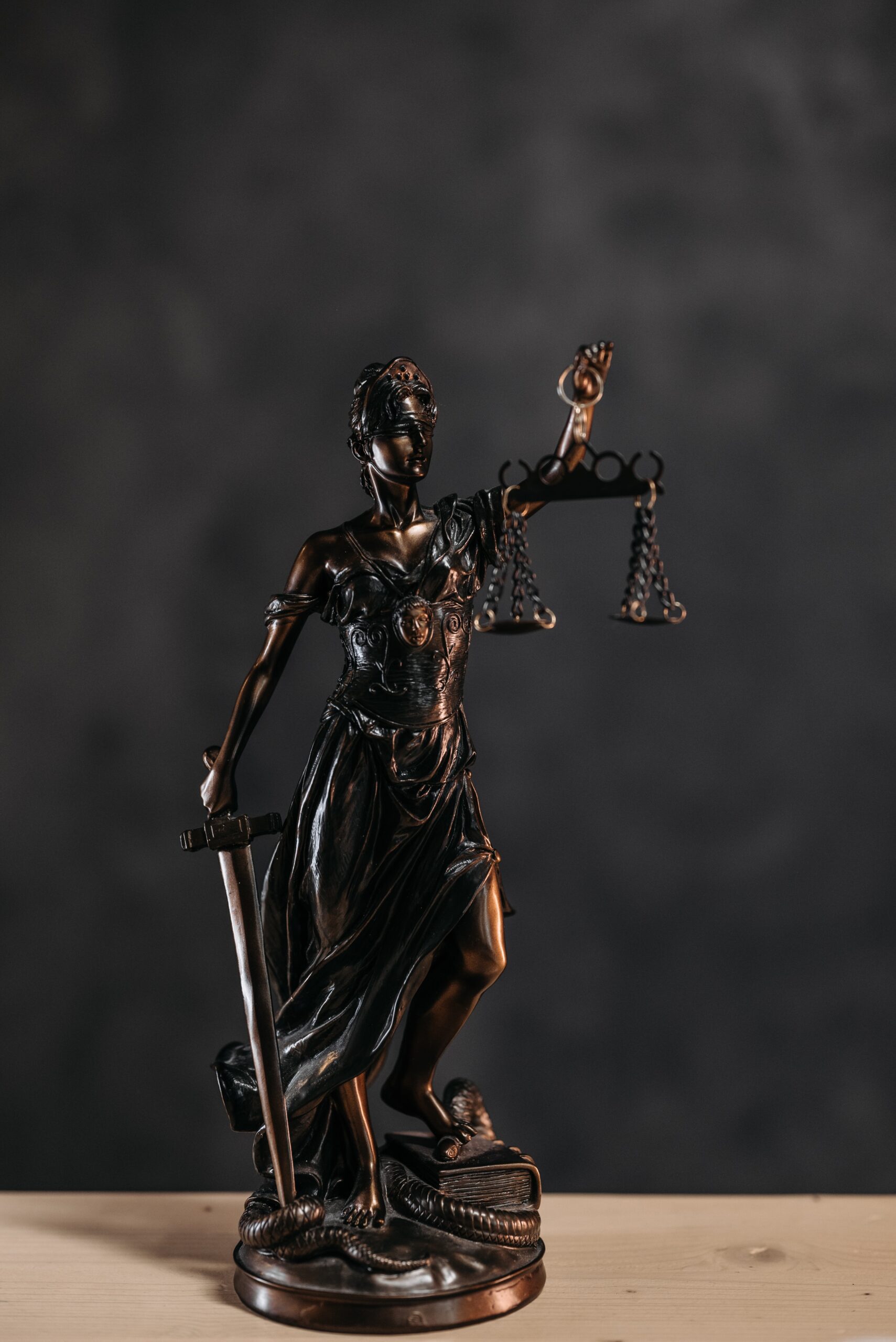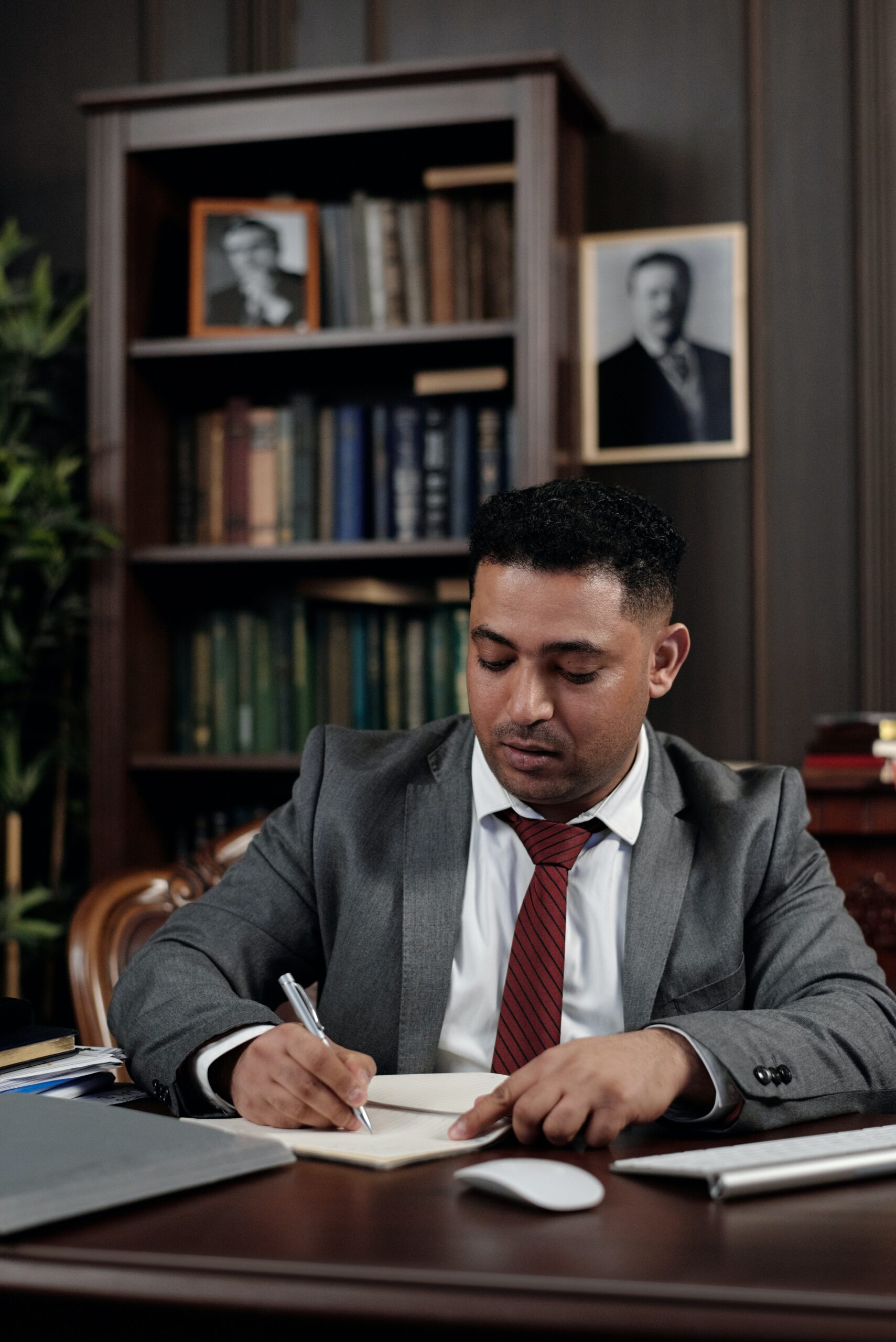What Are Legal Transcription Services?
Ensuring Accuracy and Efficiency in Legal Proceedings and Beyond
In the world of law, accuracy and attention to detail are of utmost importance. Legal professionals rely on clear and comprehensive documentation to build their cases, facilitate communication, and preserve crucial records. This is where legal transcription services in the UK play a vital role. In this post, we define the term and briefly describe the realm of legal transcripts, exploring their definition, applications, and the significant impact they have, particularly with regard to legal proceedings, private litigation, and HR hearings.
Defining Legal Transcription Services
Legal transcription services encompass the meticulous process of transcribing spoken words from legal events, such as court hearings, depositions, and witness statements, into written form. This transcription ensures clarity, confidentiality, and adherence to legal standards. Skilled transcriptionists carefully listen to audio or video recordings and accurately transcribe them, capturing every word, pause, and nuance.
Another way to describe legal transcription services would be to that they involve the conversion of spoken legal content into written or typed format. Highly trained professionals, known as legal transcriptionists, listen to audio or video recordings of legal proceedings and meticulously transcribe them into accurate and verbatim written documents. These documents serve as official records, helping lawyers, paralegals, and other legal professionals refer back to specific details, quotes, and important information when building their cases or working on legal documentation.

Some Typical Aspects of Law Utilising Legal Transcription Services in The UK
Court Proceedings and Hearings: Legal transcription services are extensively employed in transcribing court proceedings, including trials, depositions, arbitrations, and hearings. Transcripts produced from these recordings are crucial for lawyers to analyse witness testimonies, cross-examinations, and judge’s rulings. Transcripts act as a reliable resource for case preparation, appeals, and legal research.
Law Enforcement Interviews and Interrogations: Transcribing interviews and interrogations conducted by law enforcement agencies is another vital application of legal transcription services. Transcripts of these recordings are used as evidence in criminal investigations and court proceedings. They provide an accurate account of statements made by suspects, victims, witnesses, and law enforcement personnel, aiding in the investigative process and ensuring a fair legal system.
Administrative Proceedings and Meetings: Legal transcription services find application in administrative law settings, where transcribing hearings, meetings, and public consultations is crucial. Accurate transcripts aid in capturing discussions, decisions, and any legal issues raised during administrative proceedings. These transcripts are valuable for stakeholders, providing them with a clear understanding of the proceedings and facilitating compliance with legal requirements.
The Importance of Human Transcribers
While court transcription machines offer speed and convenience, their limitations highlight the irreplaceable role of human transcribers. Human transcribers bring essential skills and expertise that machines currently lack:
Contextual Understanding: Human transcribers possess the ability to comprehend complex legal terminologies, understand nuances, and grasp contextual meaning. They can accurately capture the intent, tone, and emotions conveyed during court proceedings, resulting in more precise transcripts.
Correction and Editing: Human transcribers possess the skills to review and edit machine-generated transcripts for accuracy, correcting errors, filling in missing information, and improving overall readability. Their attention to detail helps ensure the integrity of legal records.
Adaptability and Judgment: Unlike machines, human transcribers can adapt to challenging audio conditions, decipher overlapping speech, and distinguish speakers based on contextual cues. They possess the judgment to discern intent, identify non-verbal cues, and make necessary adjustments to produce accurate transcripts.
Ethical Considerations: Court proceedings often involve sensitive information and confidential discussions. Human transcribers adhere to strict ethical guidelines and maintain confidentiality, ensuring that sensitive content is handled responsibly.

Enhancing Accuracy Through Human-Machine Collaboration
Recognising the strengths of both court transcription machines and human transcribers, a collaborative approach can optimise accuracy and efficiency in court transcription. Here are some ways to enhance the accuracy of machine transcription with human intervention:
Post-Editing: After machine transcription, human transcribers can review and correct errors, ensuring accuracy, completeness, and adherence to legal standards. This collaborative process leverages the speed of machines and the expertise of human transcribers. By carefully comparing the machine-generated transcript with the audio recording, human transcribers can identify and rectify any inaccuracies, ensuring that the final transcript is accurate and reliable.
Training and Feedback: Human transcribers play a crucial role in training ASR systems to improve their accuracy. By providing feedback on machine-generated transcripts, human transcribers can contribute to the continuous improvement of ASR algorithms. This iterative process helps machines learn from their mistakes and adapt to specific legal contexts, including specialised terminologies and unique courtroom proceedings.
Quality Assurance: Human transcribers can conduct quality assurance checks on machine-generated transcripts to ensure their accuracy. By meticulously reviewing the transcripts for errors, inconsistencies, and omissions, human transcribers can refine the algorithms and improve the overall accuracy of ASR systems. This process involves fine-tuning the models, addressing recurring errors, and implementing measures to enhance the performance of ASR systems in court transcription.
Continuous Learning: Human transcribers continually update their skills and knowledge to stay abreast of legal developments, ensuring accurate and up-to-date transcriptions. They engage in ongoing professional development, attending legal seminars, workshops, and training programs to familiarise themselves with the latest legal terminology, procedures, and case law. This continuous learning allows human transcribers to provide valuable insights and interpretations that machines may struggle to capture.
Court transcription machines have undoubtedly transformed the legal industry by automating the labour-intensive task of transcribing court proceedings. However, the inherent inaccuracies of machine transcription highlight the indispensable role of human transcribers. With their contextual understanding, attention to detail, adaptability, and ethical considerations, human transcribers enhance the accuracy and reliability of court transcripts. By embracing a collaborative approach that combines the strengths of machines and human expertise, we can achieve optimal transcription accuracy, thereby ensuring the integrity of legal records and facilitating the administration of justice.
The partnership between human transcribers and court transcription machines represents the future of accurate and efficient transcription in the legal field. While machines provide speed and convenience, human transcribers bring invaluable skills, such as contextual comprehension, correction and editing abilities, adaptability, and ethical considerations. By harnessing the strengths of both humans and machines, we can strike a balance that maximises accuracy, efficiency, and the preservation of legal records. Together, human transcribers and court transcription machines can provide an enhanced transcription process that meets the rigorous standards of the legal profession.
With a 21-year track record of excellence, we are considered a trusted partner by many blue-chip companies across a wide range of industries. At this stage of your business, it may be worth your while to invest in a human transcription service that has a Way With Words.
Additional Services
About Captioning
Perfectly synched 99%+ accurate closed captions for broadcast-quality video.
Machine Transcription Polishing
For users of machine transcription that require polished machine transcripts.
